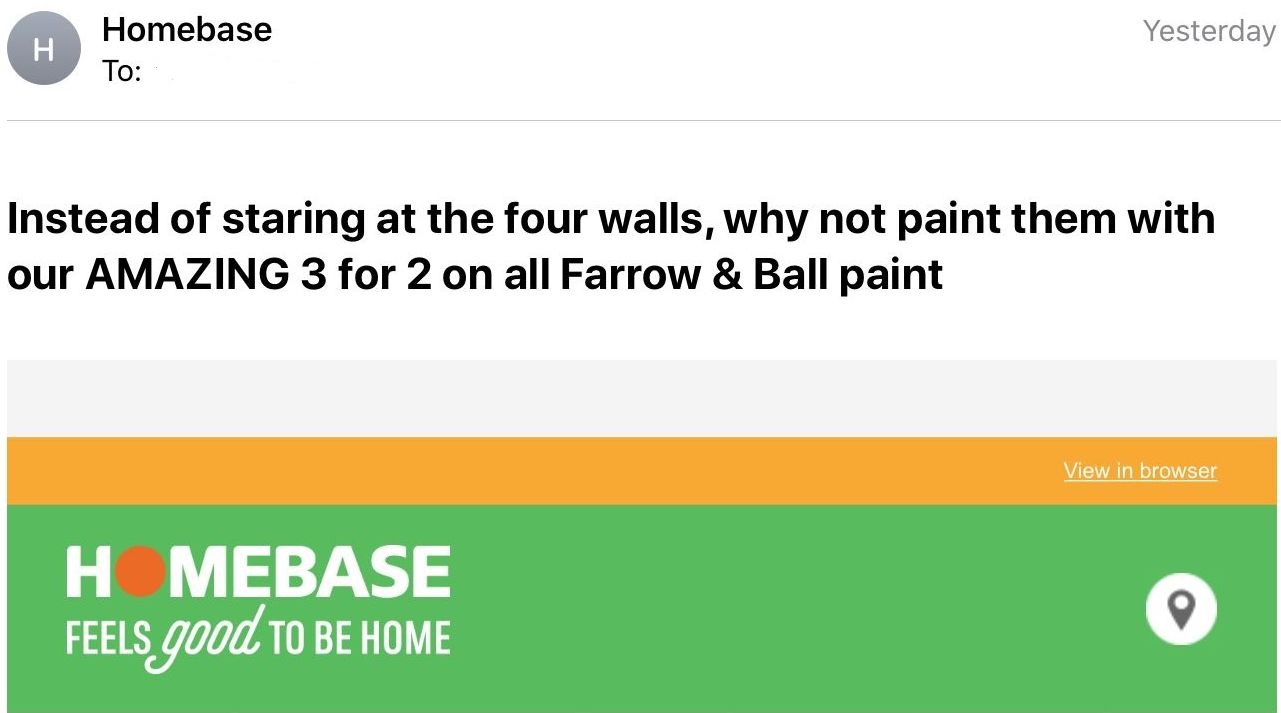A lexicon of Covid crisis phrases

Desperate times drive us to new words
Our regular look at language in modern communications examines how words change in a time of pandemic.
Coronavirus is changing everything. Eventually things will return to normal, but it will leave a permanent mark on our language.
Great events, we know, throw up unique phraseology that stays with us.
The expression “bless you!” is said to have been popularised in the 6th century by Pope Gregory, who started using it after a person sneezed – the first sign of bubonic plague. Death would inevitably follow. The nursery rhyme Ring a Ring o' Roses has a similarly ghoulish provenance.
Coronavirus is rapidly generating its own lexicon.
Social distancing, for instance, was barely heard a month ago. This will become the new excuse for last-minute bailing out on an arrangement. “Sorry, I can’t make our date tomorrow. I’m social distancing...”
Here are 10 other words or phrases that might have an afterlife once this is over.
Some have already made it into the Merriam-Webster dictionary and are surely contenders for the Oxford Dictionary’s word of the year.
Self-isolating
Already gaining traction among the diffident. The lugubrious indie band the Lilac Time recently tweeted that they had been “self-isolating since 1986”.
Quarantini
A cocktail consumed during self-isolation, possibly at a virtual party or virtual happy hour.
Flattening the curve
Aka “squashing the sombrero”. Can be used in any data discussion.
Vector
A transmitter or source, as in “Nursing homes in Spain a vector for deadly coronavirus”.
Iso-cation
Where you declare your housebound status to be a holiday.
Cov-idiot
The hoarder, the pubgoer who refuses to be socially distant. This may have been coined as recently as Friday. Its antonym is the less elegant covidient.
Caremongering
Offering to help the vulnerable in your community.
Herd immunity
The perfect excuse for a failed marketing campaign. “The punters quickly developed herd immunity to it.”
Patient Zero
The first person to contract an infection.
Virus and them
The attitude that coronavirus is something that happens to other people – not us.
With much thanks to Beverley Glick for collecting many of these.
Words of the month
Optics: We are grateful for the new series of Homeland for highlighting this. When the fictional US president flies to a base in Afghanistan to announce a peace deal with the Taliban, we are told it “has great optics”. (Spoiler alert: it ends badly.) That’s just another name for a photo-opportunity. The only “great optics” we like have gin or scotch in them.
Pushback: As in “The administration officials also ran into strong Republican pushback on a proposal to bail out the airline industry. U.S. airlines on Monday...” or “Inevitably, [Priti] Patel’s drive to push through draconian policies face British bureaucratic pushback...” We used to call that “opposition”.
Explosive stuff
We loved this correction from a Guardian article on do-it-yourself cleansing measures to beat the virus:

We think it’s fair to assume the original author is not the science correspondent.
Watching paint dry
Our inbox has been full of virus-related marketing material. Highbrook was slightly taken aback to get an offer for a funeral plan the day after the crisis took hold, but we don’t blame businesses for trying to salvage something.
Indeed we love the chutzpah of this from Homebase: “Instead of staring at the four walls, why not paint them...”
Brilliant (and that’s not just the white paint).
Quite literally
An old joke says writers should “avoid clichés like the plague”.
So how nice to see MailonLine weighing in with a rare literal use of the word “plaguing”... “Piers Morgan has blasted the government for not banning mass gatherings and criticised people for continuing to attend concerts and marathons despite the coronavirus crisis plaguing Britain.”
Probably inadvertent, we fear.
Two things are certain: coronavirus and taxes
Years ago British Rail attracted much derision for rebranding “passengers” as “customers.
We’re not sure it had much effect but we were delighted to receive this email from HMRC recently, informing us that we are now considered its customers.
Great, because by that logic we’re more than happy to take my business elsewhere...
Headline of the crisis (so far)
To return to the coronavirus, the heading on this Spectator profile of scientific advisers is perfect: “Two gentlemen of corona”.








